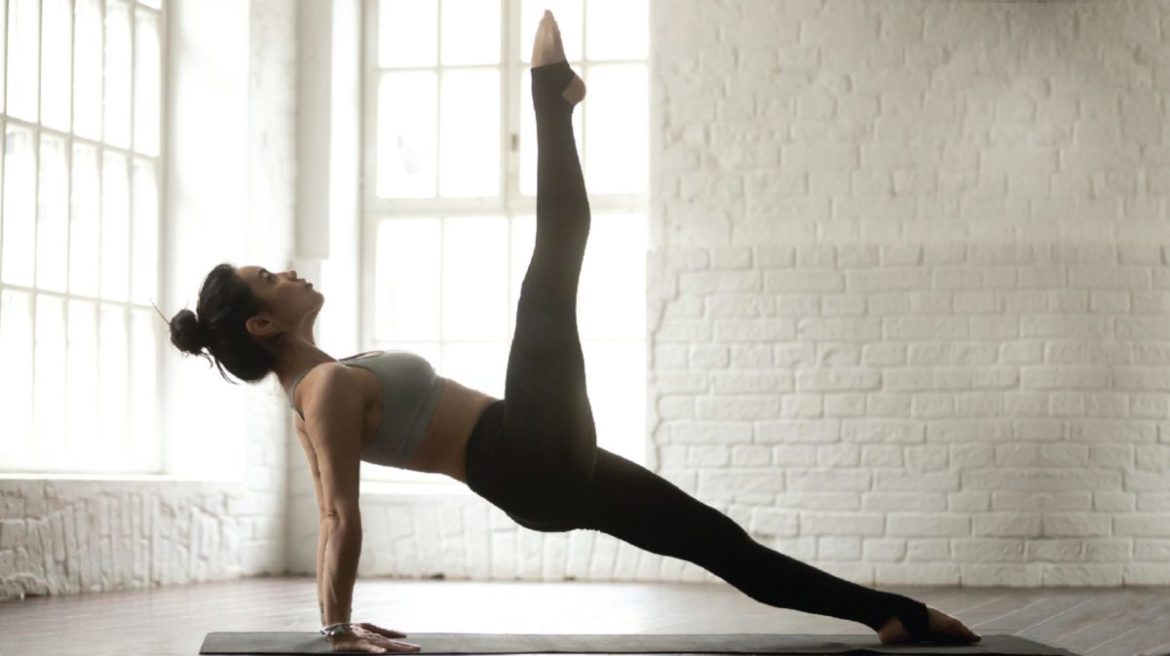Sometimes when exercising, we can push things a little too far. Whether you realize it in the moment or a few days later, getting injured from a workout can be painful as well as frustrating.
After all, you were aiming to get fit by exercising, and now you’re left with an injury. So what’s the solution? Beyond seeking medical attention for the most serious injuries, it may also be necessary to adapt your future workouts so you don’t fall victim to the same problem again. While you should always seek medical clearance from a physician before undertaking any new exercise regime, Pilates could hold the answer when other sports remain out of bounds.
Find your comfort level
The beauty of Pilates is that it is for everyone, regardless of your current fitness level or any injuries you may need to work around. Better still, your instructor will be well-versed in helping people with all types of injuries, plus chronic ailments such as arthritis or back pain. So long as you communicate what is troubling you, along with what your goals are, your Pilates instructor can adapt routines to your individual needs.
Those who are recovering from a sports injury can gently work the muscles surrounding the area, or focus on another area entirely. Pilates can also be performed before other exercises, helping to ensure your muscles are properly warmed up to reduce the chances of further injury.
Focus on your Achilles’ heel
While some Pilates moves performed on your tip-toes do in fact work your Achilles’ heel, we are talking more generally about any weaknesses you have in your body. That’s because sports injuries often occur due to weakness, such as weak hamstrings, back muscles, or even abdominal muscles.
So long as there is no major injury when you start, you can use Pilates to build strength in any area of the body. Since our bodies are connected, it can also be the case that strengthening one area of the body can then take the strain off another area, especially if there are any major imbalances in your muscle groups.
Avoid heavy weights or impact exercise
Form is majorly important in all sports, yet often gets overlooked. For instance, if someone goes to lift a weight, but doesn’t have great form, then they can easily get injured. Furthermore, bad form means you won’t maximize the benefit of the exercise.
With Pilates, having good form in every movement is the core focus. Some moves require absolute precision when balancing or moving the arms or legs in a certain way. If your form is bad, you will not only feel it, but your instructor will correct you so that you actually benefit from each movement. All of this is done without having to strain yourself with heavy weights or equipment.
Start your day off on the right foot
Similar to stretching or yoga, it is possible to do Pilates every day. So if you find other sports leave your muscles aching and tired, or you just don’t enjoy them, Pilates can be a welcome relief.
In fact, making time for a quick 20-minute Pilates session in the morning can set your spine and muscles up for a pain-free day. Afterward, you will not only feel fully stretched, but you will take much better notice of your posture. The more you adopt a good posture and have balanced movement, the healthier your body will feel.
Look for the fun
A benefit of any exercise is that it can give you that endorphin “buzz” afterward, but if we are being honest, some sports can feel more like a drag. When you are just starting out, it can also be really difficult to make friends in group classes — especially when you are in classes that are highly competitive — making it more likely you will drop out after a couple of sessions.
Pilates is often taught in small groups or through solo instruction. In either case, the goal is always to do as best as you can with each exercise through positive encouragement. Furthermore, with Pilates, there is not a huge emphasis on how you physically look, if you are self-conscious.
If you are struggling to complete a certain move, your instructor will always give an alternative move you can try instead, making it feel truly inclusive. All of this makes pilates feel genuinely enjoyable, and something you will want to keep up long-term, especially when you start to notice the benefits.
Do Pilates anywhere
When rushing to and from work, it is not always possible to find time to exercise. Likewise, joining a gym isn’t always possible. With Pilates, all you need is a mat to do the most basic moves. As you progress, you can move onto using a band, ball, or hoop — though, there is no obligation to buy a lot of bulky items. So whether you are at home, on holiday, or even in the office, it is always possible to take a moment for a quick Pilates stretch that will make your spine happy, and keep those pesky injuries at bay.

